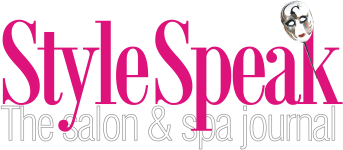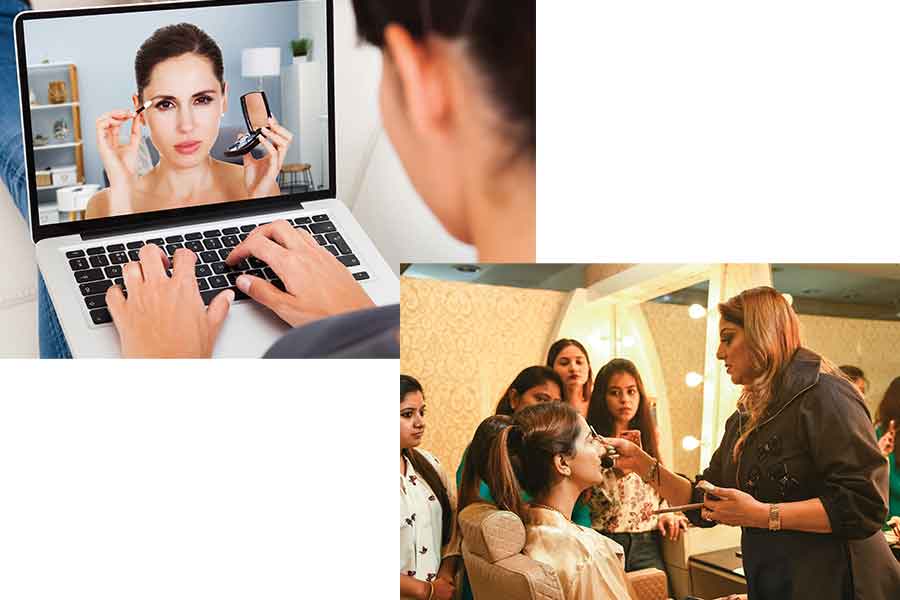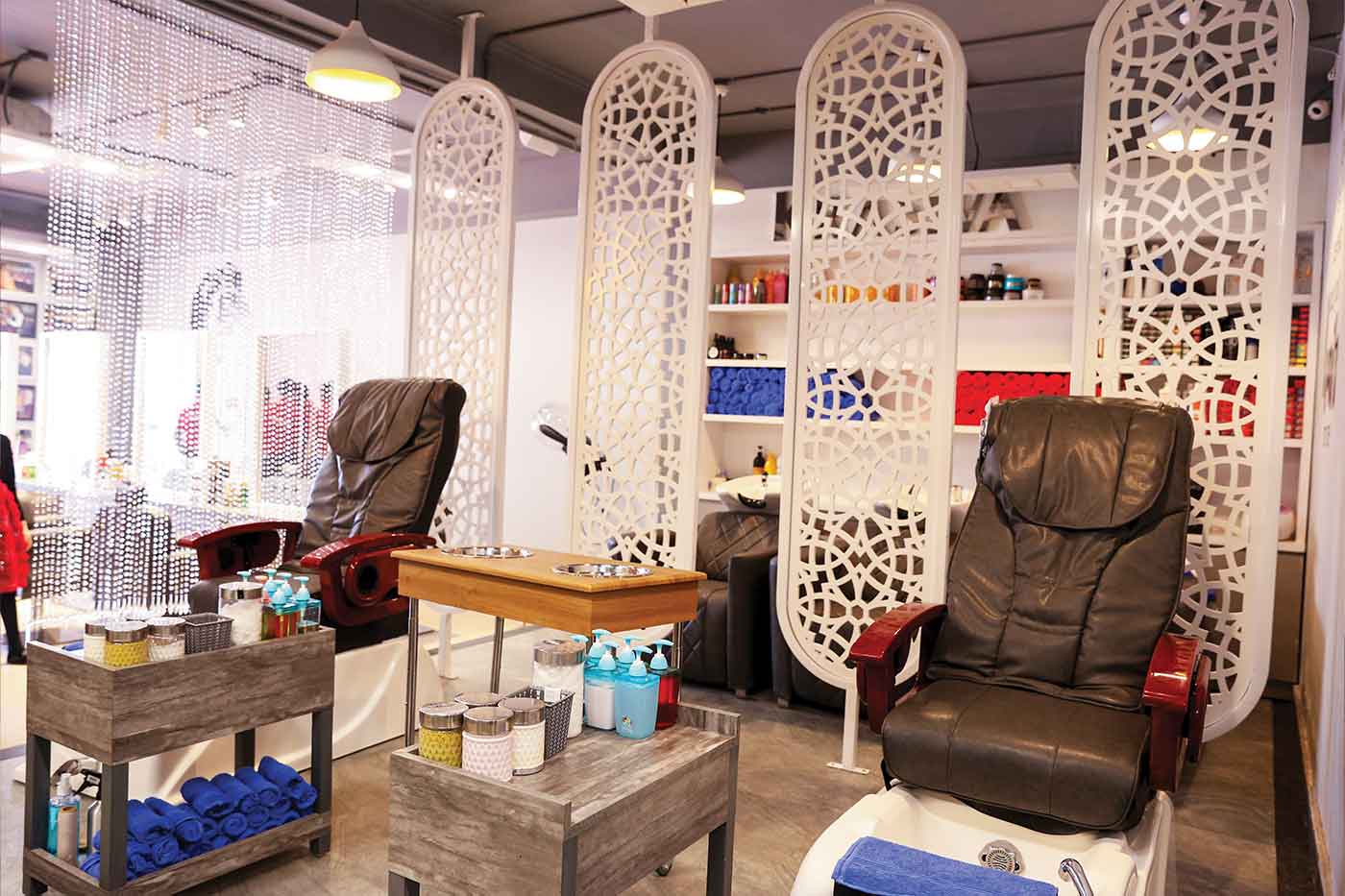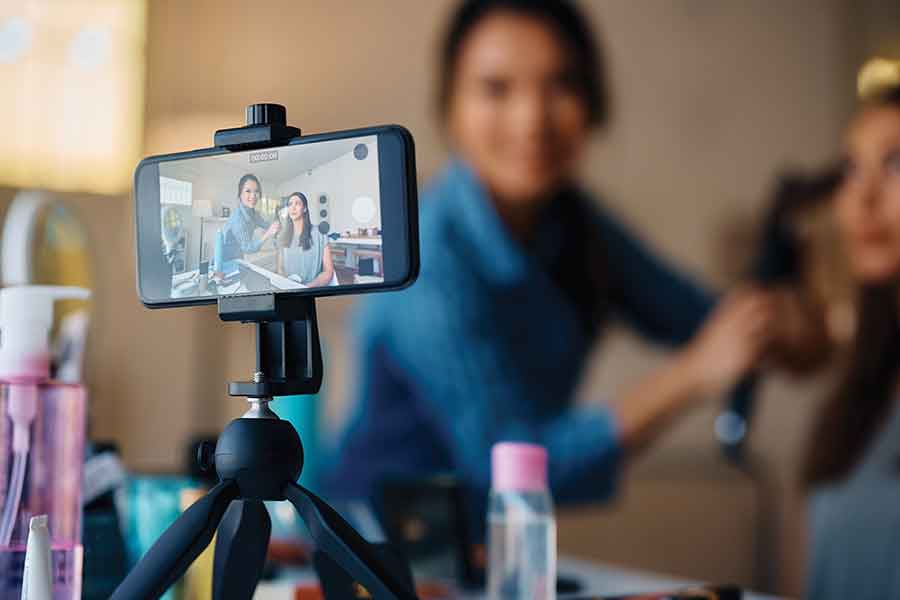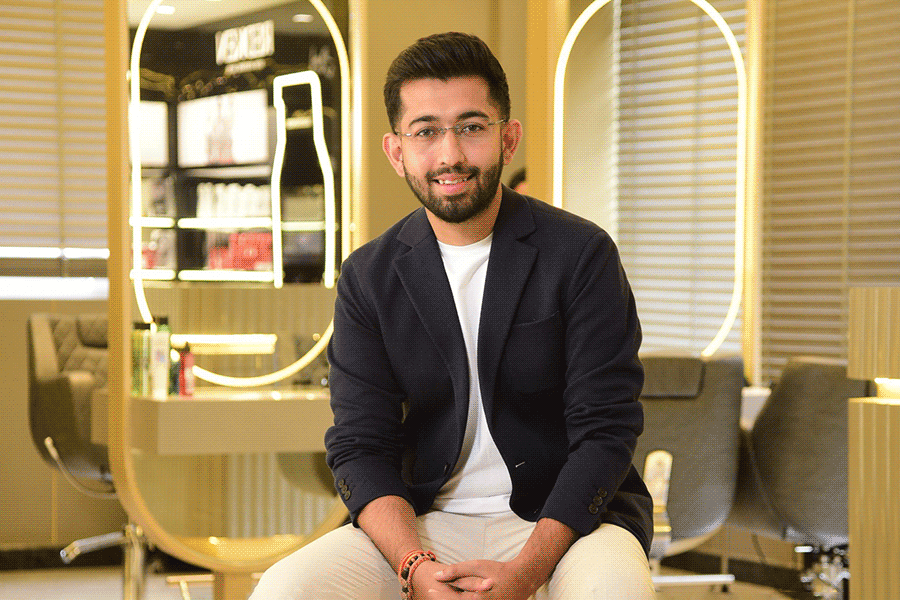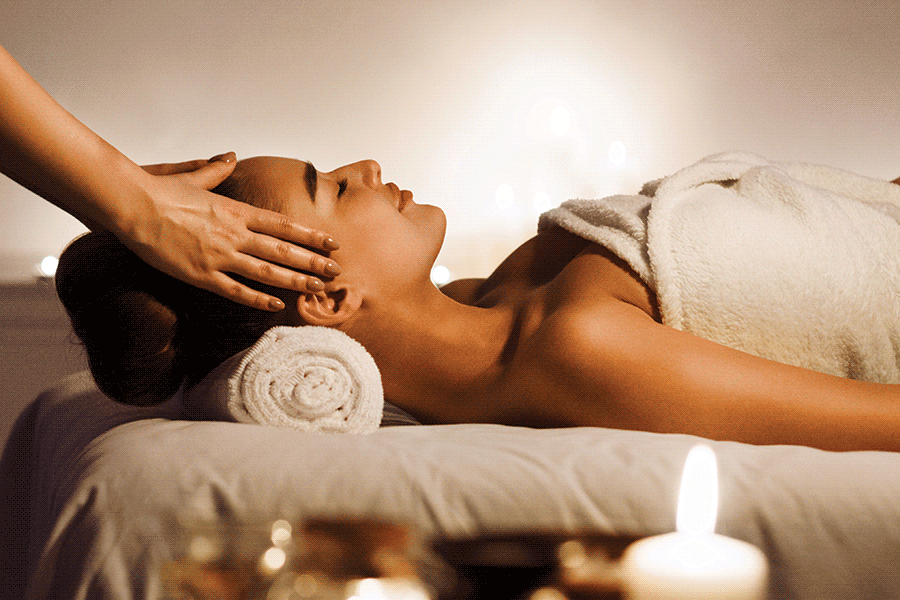Experts share the tips and tricks to balance virtual and traditional learning
In the ever-evolving landscape of the salon and beauty industry, education has taken a transformative turn with the advent of online platforms. This shift has sparked debates on the efficacy of virtual courses compared to traditional classroom methods.
In this article, we explore this transformation, delving into the advantages and drawbacks of virtual beauty courses and their potential to complement hands-on learning.
Embracing online education
The salon and beauty industry has warmly embraced online education, citing its enthusiastic approach, cost-effectiveness, and global accessibility to various academies. Platforms like Zoom have revolutionized learning, enabling aspiring beauty and hair professionals to enrol in classes taught by highly qualified instructors without the constraints of geographical location. This flexibility has allowed lessons to be scheduled at the convenience of the students.


Virtual Courses Vs Traditional Classrooms
Virtual courses offer
- convenient access to knowledgeable mentors
- personalized learning and
- opportunity to review lessons for internationally recognized certifications, enhancing beauty education standards
- industry-relevant content, facilitating portfolio building
- offering a global perspective
- swiftly updating content to reflect current practices
“However, the virtual setting needs to be revised to replicate the hands-on training and interpersonal skills cultivated in traditional classrooms,” emphasizes Priscilla Corner.
Traditional classroom learning offers
- one-on-one interactions for effective learning
- building of lasting relationships between students and mentors.
“Online platforms excel in addressing the dynamic nature of the beauty industry by swiftly updating content to reflect current practices,” says Dr. Blossom Kochhar.
Balancing Virtual and Hands-On Learning
Experts advocate for a balanced approach that combines online theory courses with in-person or simulated hands-on workshops. Dr. Blossom acknowledges the limitations of online beauty education, citing a need for hands-on experience and personalised feedback. She suggests a hybrid approach, combining online theory with in-person or simulated hands-on workshops.
Priscilla emphasizes the importance of a traditional classroom for foundational learning, especially in skills that require continuous hands-on application. However, she sees the potential for an advantageous marriage between traditional and online education in upgrading basic skills and fostering creativity through mentorship.

Inclusivity in the Beauty Industry
The rise of online education has made beauty education more inclusive and accessible and has broken down geographical barriers for people from diverse backgrounds. Online courses accommodate various schedules and responsibilities, fostering a more inclusive environment for pursuing makeup and hair careers.
Employer perspective
Employers in the beauty industry value a combination of online certifications and hands-on training. Varun Attri highlights that online certificates demonstrate foundational knowledge, while hands-on training proves practical skills. Striking a balance between both these approaches increases the likelihood of being hired in the competitive beauty industry.
The makeup and hair education landscape is evolving, with online courses significantly shaping its future. While virtual learning offers accessibility and flexibility, preserving hands-on experiences and interpersonal connections remain crucial.
A balanced approach combining online and traditional education is essential for the beauty industry’s dynamic demands.
If you are looking for some party looks, then do check these party looks.
